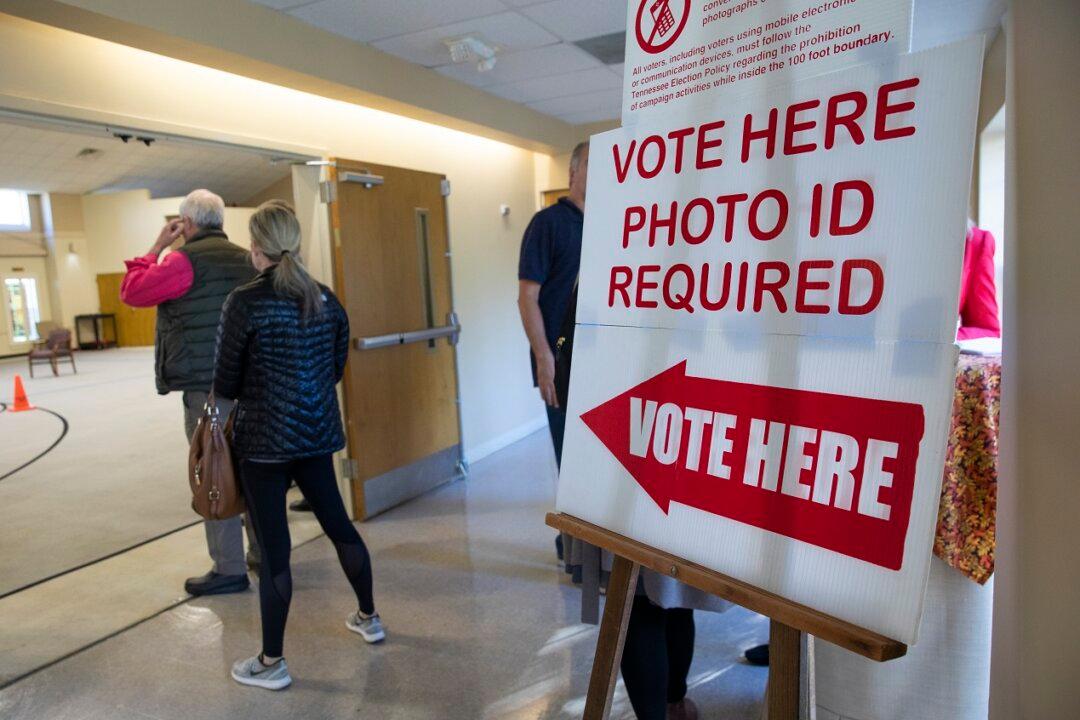LANSING, Mich.—The Michigan Board of State Canvassers has approved petition language for a citizens’ initiative that, its supporters say, will help stamp out election fraud in this important swing state.
The initiative requires all voters to present a valid Michigan driver’s license, passport, or state ID card when voting in person. A signed affidavit by a person not having a photo ID would no longer suffice.





